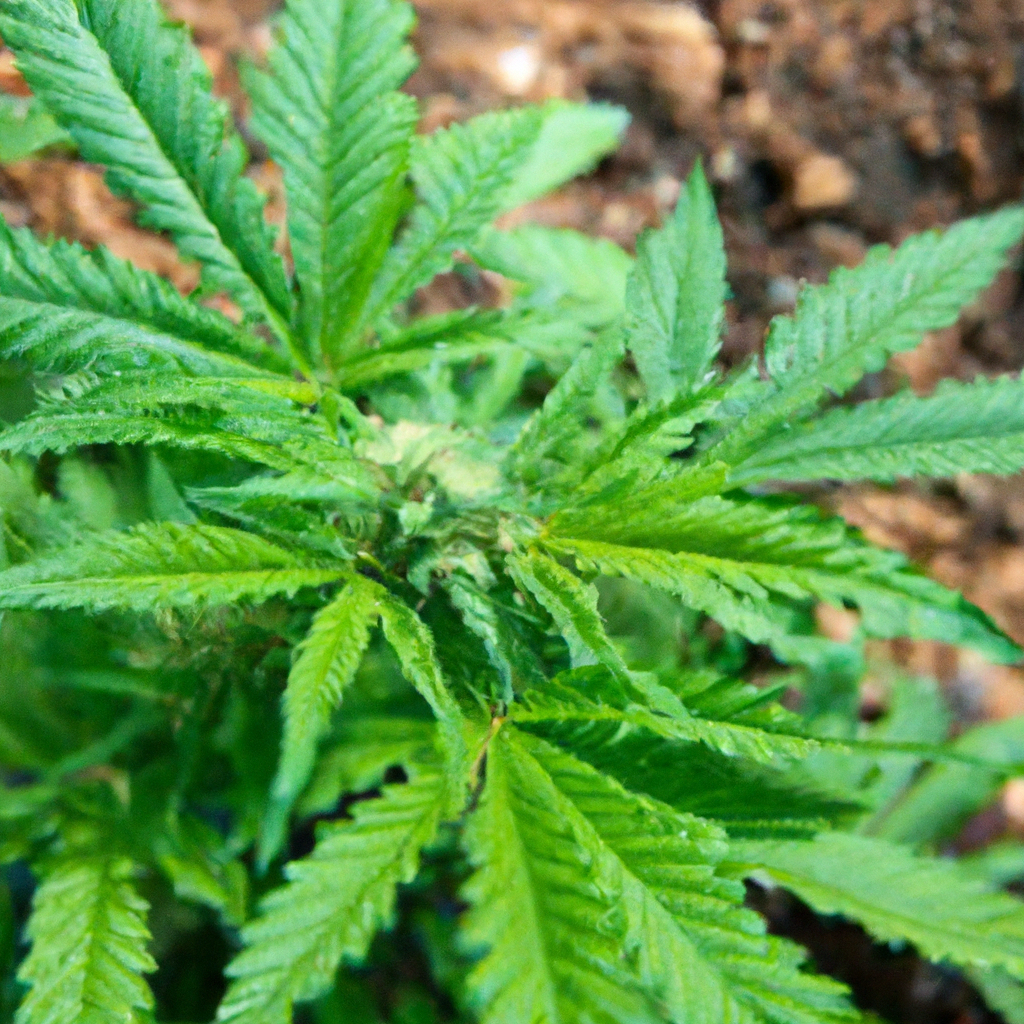Your cart is currently empty!
Embracing organic practices in cannabis cultivation not only supports environmental sustainability but also enhances the quality and safety of the final product. As demand for naturally grown cannabis increases, understanding the best methods for organic cultivation becomes essential for growers looking to stand out in the market. Let’s explore the key elements of successful organic cannabis cultivation.
Building a Thriving Soil Ecosystem
The foundation of organic growing lies in the soil. Healthy soil teeming with beneficial microbes and fungi creates a strong support system for cannabis plants. Start by integrating rich compost into your soil to boost its nutrient content. Composting not only recycles plant matter and organic waste but also introduces a plethora of microorganisms that aid in plant growth.
Steps to an Optimal Soil Ecosystem:
- Compost Integration: Regularly add well-decomposed compost to improve soil structure and fertility.
- Soil Testing: Analyze soil pH and nutrient levels to adjust inputs accordingly.
- Mulching: Use organic mulches like straw or wood chips to retain moisture and enhance microbial activity.
Nourishment Through Natural Fertilizers
Ditch synthetic fertilizers in favor of organic options like bone meal, fish emulsion, and bat guano. These natural fertilizers provide essential nutrients without depleting soil health. It’s vital to understand the timing and application methods for these inputs to maximize plant absorption and minimize wastage.
Effective Natural Fertilizers:
- Bone Meal: High in phosphorus and calcium, ideal for root development.
- Fish Emulsion: Rich in nitrogen, perfect for vegetative growth stages.
- Bat Guano: Packed with beneficial nutrients, it supports flowering.
Eco-Friendly Pest Control Solutions
Maintaining a pest-free garden without synthetic chemicals is a hallmark of organic cannabis cultivation. Employ integrated pest management (IPM) techniques using beneficial insects and natural deterrents. Ladybugs and predatory mites can effectively control aphid and mite populations while neem oil serves as a powerful organic pesticide.
Natural Pest Management Strategies:
- Beneficial Insects: Introduce ladybugs and predatory mites to naturally control harmful pest populations.
- Neem Oil: Use as a preventative and treatment for common pest infestations.
- Companion Planting: Plant pest-repellent herbs such as basil and mint near cannabis plants.
Benefits of Organic Cannabis
Choosing organic cultivation not only benefits the environment by reducing chemical usage but also produces cleaner and safer cannabis. Consumers have become increasingly conscientious about product quality and safety, and organic growing answers this demand with a product free of harmful residues.
Moreover, organically grown cannabis often exhibits enhanced terpene profiles, providing richer aromas and flavors that appeal to the discerning consumer. The holistic approach of organic farming fosters biodiversity, maintaining the delicate balance of ecosystems and encouraging sustainable practices for the future.
Conclusion
By harnessing the power of nature and forgoing synthetic aids, organic cannabis cultivation stands as a sustainable and rewarding practice. It not only produces higher-quality products but also invests in long-term ecological health. Embrace organic methods to cultivate cannabis that respects and reflects the balance of our natural world.
Tags: OrganicGrowing, NaturalFertilizers, PestControl, EcosystemBuilding, Sustainability
Discover more from Magic Clones
Subscribe to get the latest posts sent to your email.


Leave a Reply